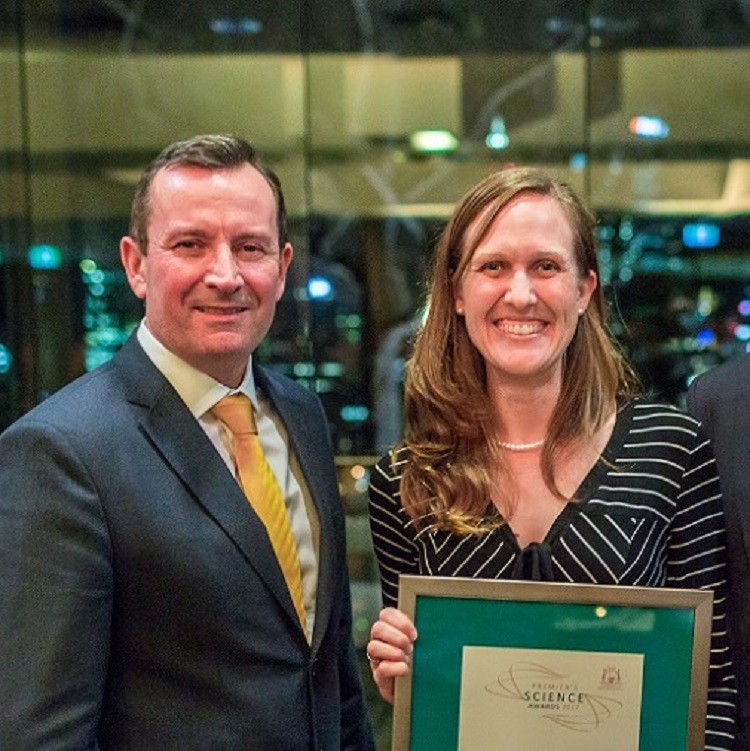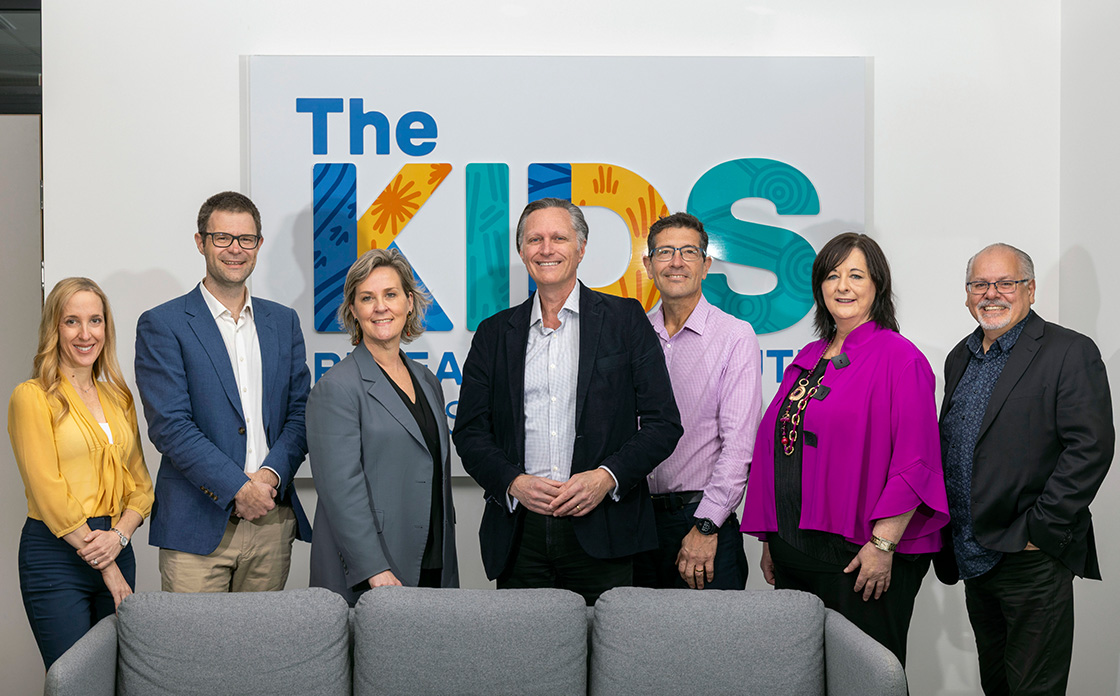Search

News & Events
The Kids Research Institute Australia researcher wins Premier’s Science AwardInfectious diseases researcher, Dr Asha Bowen, has won the Early Career Scientist of the Year Premier's Science Award for 2017.
Research
Absence of association between maternal adverse events and long-term gut microbiome outcomes in the Australian autism biobankMaternal immune activation and prenatal maternal stress are well-studied risk factors for psychiatric conditions such as autism and schizophrenia. Animal studies have proposed the gut microbiome as a mechanism underlying this association and have found that risk factor-related gut microbiome alterations persist in the adult offspring.
Research
‘It depends entirely on the nature of those supports’: Community perceptions of the appropriateness of early support services for autistic childrenWe do not know much about what support services people think are okay for young autistic children. This study was a survey of 253 people. We asked autistic adults, parents, and professionals from Australia and New Zealand whether they thought it was okay to provide support services to autistic children.

A world-first program for babies with differences in their social and communication skills is aiming to help parents and caregivers better understand the different ways their child communicates.

Find out more about the Board, the Institute Leadership Team, the Management Team and Emerging Leaders at The Kids Research Institute Australia.
Research
Critical Appraisal of Systematic Reviews Assessing Gut Microbiota and Effect of Probiotic Supplementation in Children with ASD—An Umbrella ReviewGiven the significance of gut microbiota in autism spectrum disorder (ASD), we aimed to assess the quality of systematic reviews (SRs) of studies assessing gut microbiota and effects of probiotic supplementation in children with ASD. PubMed, EMBASE, PsycINFO, Medline, and Cochrane databases were searched from inception to November 2024.
Research
Accuracy of a 2-minute eye-tracking assessment to differentiate young children with and without autismEye-tracking could expedite autism identification/diagnosis through standardisation and objectivity. We tested whether Gazefinder autism assessment, with Classification Algorithm derived from gaze fixation durations, would have good accuracy (area under the curve [AUC] ≥ 0.80) to differentiate 2-4-year-old autistic from non-autistic children.
Research
Prevalence of attention deficit hyperactivity disorder/hyperkinetic disorder of pediatric and adult populations in clinical settings: a systematic review, meta-analysis and meta-regressionAttention-Deficit/Hyperactivity Disorder (ADHD)/Hyperkinetic Disorder (HD) is linked to increased risks of morbidity, comorbidity and mortality, with higher prevalence in clinical populations. The differential prevalence of ADHD/HD across adult and pediatric clinical populations, influenced by factors such as time trends, sex, age, geographic regions, and comorbidities, has not been systematically assessed.
Research
Local progress towards achieving the End TB targets in Ethiopia: A geospatial analysisCountry-level estimates can mask local geographic variations in progress toward achieving World Health Organization's End TB targets. This study aimed to identify spatial variations in progress toward achieving the TB incidence reduction target at a district level in Ethiopia.
